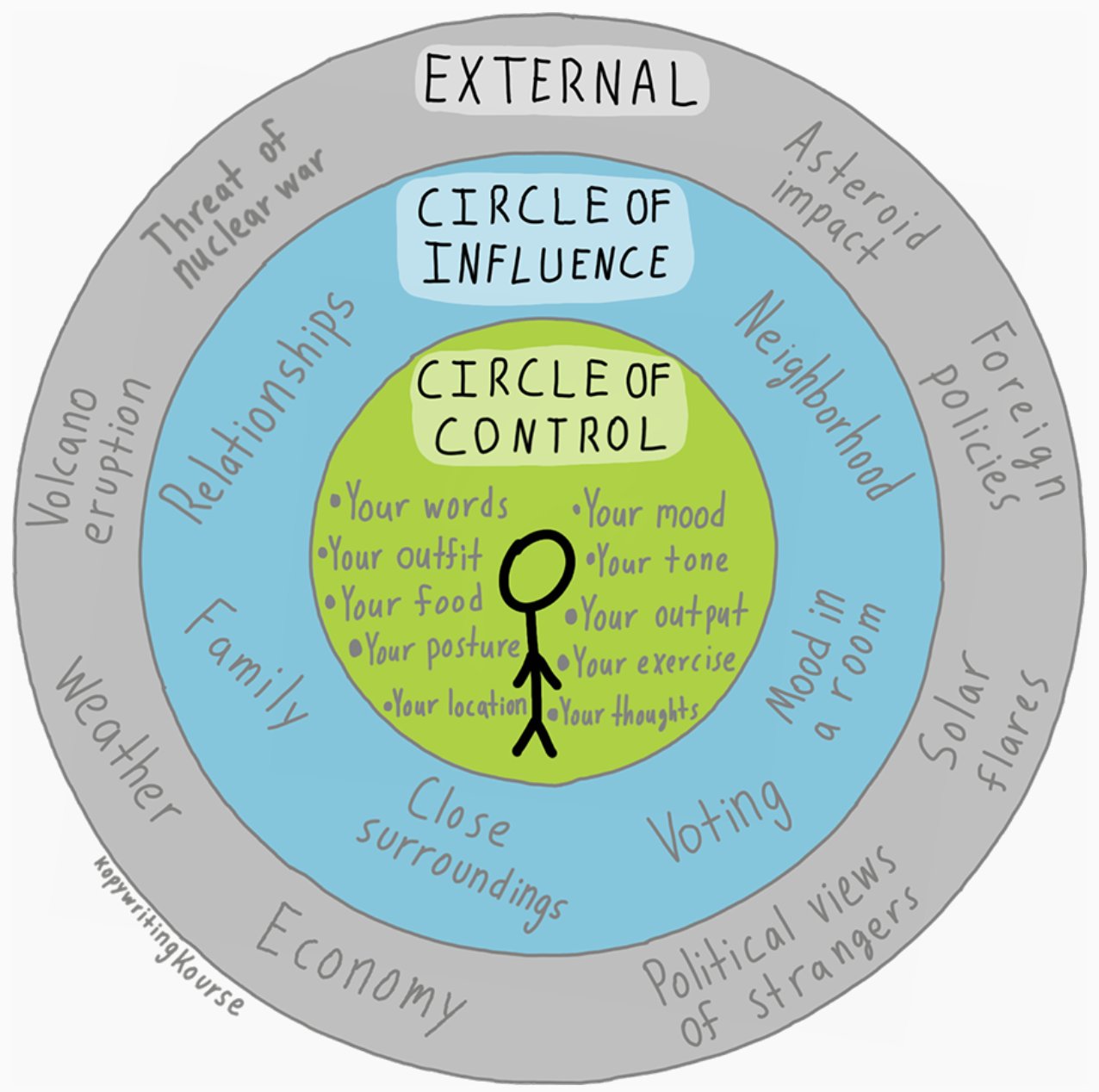
credit, @woofknight, X
Only one April’s Fools day did I play a joke on the blog, and then I felt bad for at least five days after that (and maybe even more because I am still writing about it). So this year, no jokes. Happy April! Happy full swing of spring! Happy start to the 2nd quarter of the year!!
“About all you can do in life is be who you are. Some people will love you for you. Most will love you for what you can do for them, and some won’t like you at all.” – Rita Mae Brown
I’ve been mulling around the concept of radical acceptance for a while now. Before you can make any meaningful changes in your life, you must come to a radical acceptance as to how things exactly are, right in this moment. You accept the reality of where you are, in this moment, and everything that comes with this moment – the emotions, the implications, the situations and the people whom you cannot change, and you come to a peace with these elements. You can also come to a radical acceptance of your past – events that have happened, good relationships and bad relationships throughout the years, the fairness and unfairness of life, etc. In short, with radical acceptance, you don’t mull over the unfairness of what could have happened, or the unfairness of what is. When you just utilize “regular acceptance”, this implies resignation and almost agreeing with “giving up” and this is why we often resist acceptance. Regular acceptance feels hopeless and dejected. Radical acceptance faces truth head on, with the idea of looking at your options going forward, with a practical lens. Radical acceptance allows you to clearly feel and to process your feelings about a situation, but then to move forward and to make decisions for your best interests, based on reality. Radical acceptance gives you power.
Unfortunately, we have a tendency to avoid radical acceptance of people and of situations because we don’t want to face things as they are . . . .we wish that things were different. We hang on to hopes that we can change a person, or change a situation, or change what has happened in the past, but these things are impossible. When we avoid radical acceptance, we live in a constant limbo and we dance with the same cycles of disappointment, again and again. When we avoid radical acceptance, we play a part in our own suffering. As hurtful as it can be, to face the pain of “what is” head on, is what will ultimately gives us relief and direction. Radical acceptance stops the ongoing suffering. It allows us to make boundaries and to change our mindset, instead of staying stuck in the mire of frustration and despair.
I’ve put the circle of control on this blog several times, but it bears repeating. When we allow ourselves to experience radical acceptance, we fully understand and accept what is in our control and what is not in our control.

Are you passing on love or are you passing on pain? Heal your pain and pass on love.
Here is the question of the day from 3000 Questions About Me:
1011. Name the biggest risk you have ever taken.


